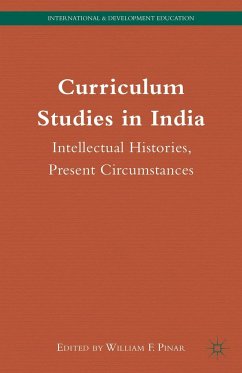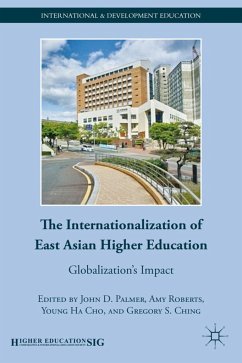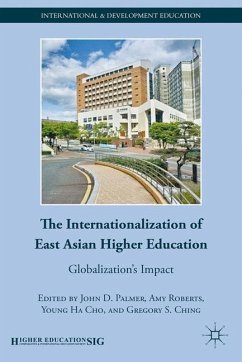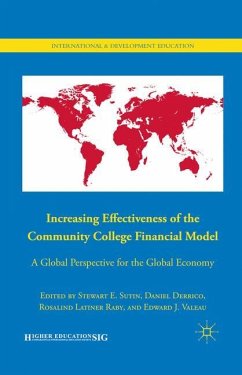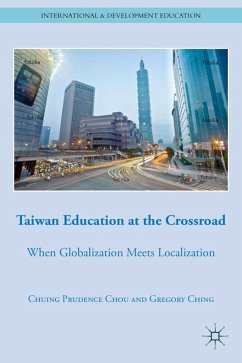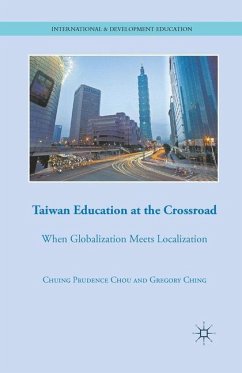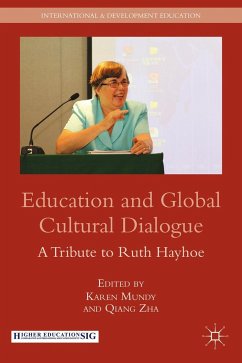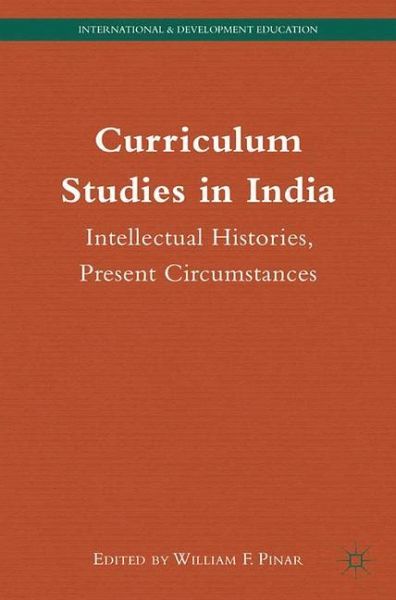
Curriculum Studies in India
Intellectual Histories, Present Circumstances
Herausgegeben: Pinar, W.
Versandkostenfrei!
Versandfertig in 6-10 Tagen
38,99 €
inkl. MwSt.

PAYBACK Punkte
19 °P sammeln!
Curriculum Studies in India examines Indian scholars in dialogue regarding their intellectual life histories and subjective investments in their field. With chapter introductions by William Pinar, scholars explore their intellectual history and present circumstances of curriculum studies in India, emphasized by their own engagement and research. These works demonstrate the rapidity and scale of economic growth today, and how it creates conflict, dislocation, inequality, and "echoes" of a colonial past now present in globalization. Pinar and his contributors conclude that historical (dis)contin...
Curriculum Studies in India examines Indian scholars in dialogue regarding their intellectual life histories and subjective investments in their field. With chapter introductions by William Pinar, scholars explore their intellectual history and present circumstances of curriculum studies in India, emphasized by their own engagement and research. These works demonstrate the rapidity and scale of economic growth today, and how it creates conflict, dislocation, inequality, and "echoes" of a colonial past now present in globalization. Pinar and his contributors conclude that historical (dis)continuities, cultural conflict, economic globalization, and political tension characterize the present circumstances of curriculum studies in India.





